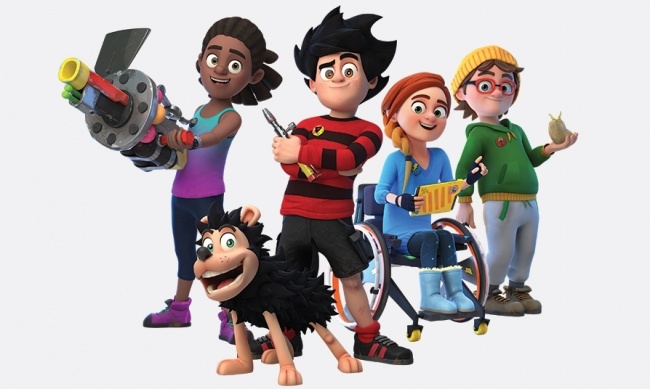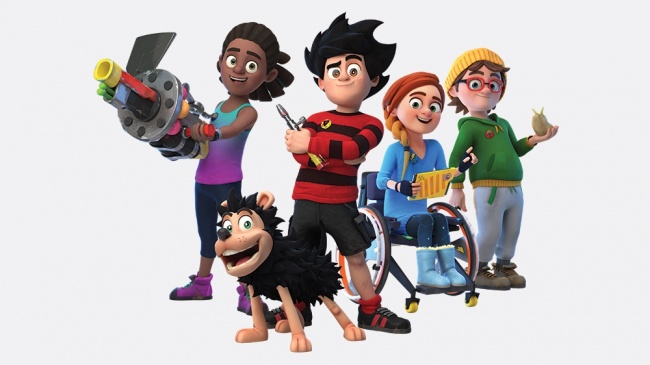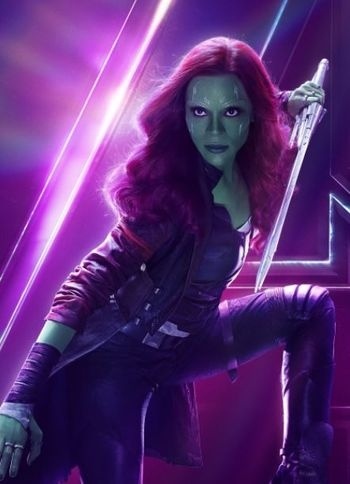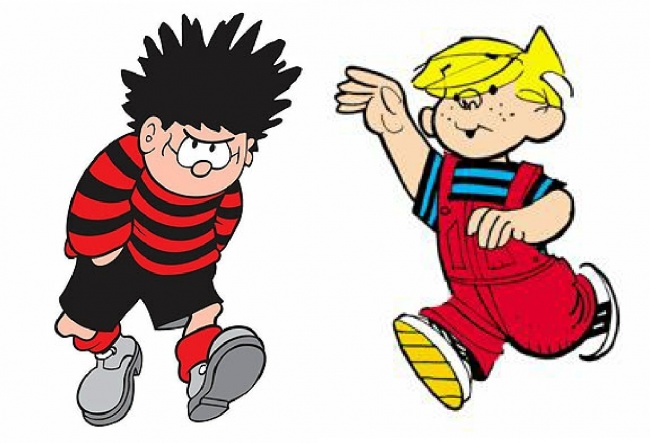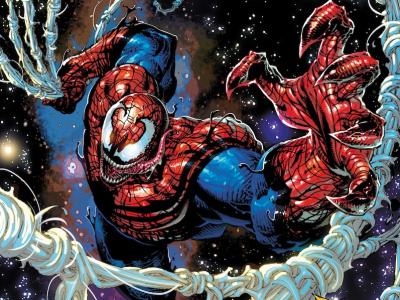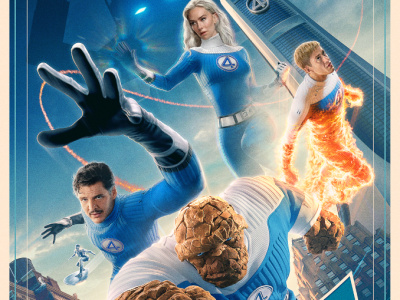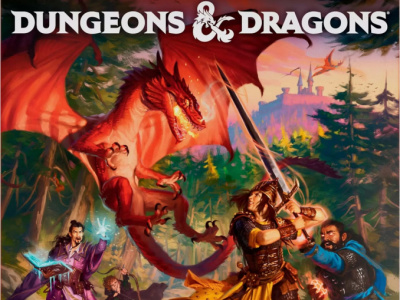Confessions of a Comic Book Guy is a weekly column by Steve Bennett of Super-Fly Comics and Games in Yellow Springs, Ohio. This week as the market awaits the release of Action Comics #1000, Bennett looks at lessons from another comic that launched in 1938 and is hitting #3930.
While we’re all awaiting the imminent release of Action #1,000 (see “‘Action Comics’ #1,000 Preorders Hit 500,000”) allow me to put this American milestone into some kind of larger context. Another long-running comic also debuted in Summer 1938, the weekly Beano from the UK. If you're not familiar with it, it's a predominately funny kids comic which almost exclusively features kid characters, and this week it released its 3,930th issue. I was reminded of this when I recently saw a piece in Variety titled “Beano, Revived and Rebranded for Today’s Kids,” which I believe has a couple of points possibly applicable to the American comic book industry.You might become more familiar with the undisputed stars of The Beano, Dennis the Menace and Gnasher, soon though. Beano Studios has produced an animated series called Dennis and Gnasher Unleashed, which was a hit in the U.K and sold across Europe, the Middle East, and Africa. This year, the show will attempt to break into the US market with a version where Dennis will have an American accent.
Along with the animated series, the article also focuses on their extremely kid-friendly (it’s compliant with COPPA, the U.S. Children's Online Privacy Protection Act) website, which has had over a million visitors. It credits the site with a 10% increase in print sales of The Beano, demonstrating how a strong web presence can help a publisher create new readers. While American comic book publishers conduct virtually no market research (because, apparently, it's just cheaper to guess), The Beano believes the continued success of its website depends on “...keeping up with kids’ changing tastes. So-called Trendspotters (a panel of 20 9- to 12-year-olds) are sounded out weekly to find out what’s going down in the playground.” Given that both Marvel and DC are increasingly interested in the kids market, this might be something they might want to try themselves. I can’t imagine it would be all that expensive.
Not that any more examples really need to be placed into evidence at this point, it also shows inclusivity and diversity mean profits and popularity. Historically, characters in The Beano have been white and male, but one of their most popular new characters is Rubi, a young female inventor in a wheelchair. “Her popularity is off the scale because she is a very with-it young girl who is in firm control of what’s going on in the gang,” said Emma Scott, founder, and CEO of Beano Studios.
Finally, there was a piece on the CBR website you really should read called ““Zoe Saldana Calls Out ‘Elitists’ Who Say MCU Actors are ‘Selling Out’” which quotes from an interview the star of Guardians of the Galaxy and Avengers: Infinity War gave to the digital magazine Net-A-Porter. She said, in part:“I feel so proud to be living in space, to be playing aliens, to inspire, primarily, the younger generations. I remember what it was like to be young and to feel completely excluded out of the mainstream conversation of life because I was just little and unimportant and ‘other.’ I work with filmmakers who gravitated to this genre because they were exiles in their own right, excluded from a mainstream conversation. They found their world and they were able to imagine the unimaginable. Everything about how they create, and how they invite characters to join them, is absolutely inclusive.”
*In one of those really weird coincidences that comics are filled with, both the US and UK Dennis made their first appearances within a week of each other in March 1951. Each had a dog. Ours was an adorable five-and-a-half-year-old with no filter, a talent for mischief and a big friendly Airedale mix named Ruff. Theirs is a brutal schoolboy bully with an “Abyssinian wire-haired tripe hound” named Gnasher who didn’t look so much like a dog as a psychotic sheep. Changing times and an adaptation to animation has considerably softened the look and nature of both the boy and his dog; in the words of the Variety piece, their Dennis is still “a bit of a rascal but not as naughty as he once was.”The opinions expressed in this column are solely those of the writer, and do not necessarily reflect the views of the editorial staff of ICv2.com.



